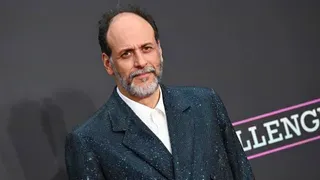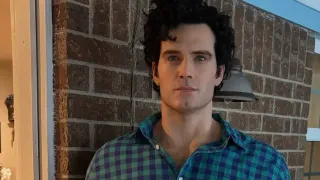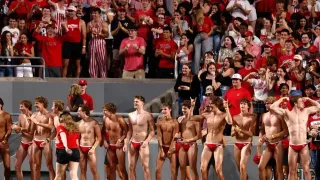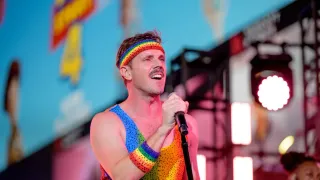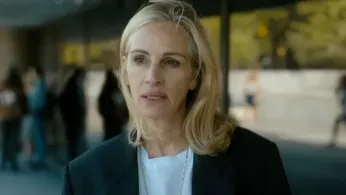
Sep 7
Luca Guadagnino’s “After The Hunt” Promises Provocative Drama and LGBTQ+ Resonance This October
READ TIME: 3 MIN.
Anticipation is building in LGBTQ+ circles for the October 10, 2025, release of “After The Hunt,” the latest film from Luca Guadagnino, who is widely recognized for his sensitive portrayals of queer identities in works such as “Call Me By Your Name” and “Challengers” . While “After The Hunt” is not explicitly centered on sexuality or romance, its focus on campus dynamics, consent, and the fallout from institutional scandals is resonating with LGBTQ+ viewers and activists alike, given the community’s historic and ongoing encounters with similar themes in educational environments.
Set within the high-pressure world of an Ivy League institution, the film follows Professor Alma Olsson (Julia Roberts), who finds her career and personal life thrown into turmoil when her star student Maggie Price (Ayo Edebiri) accuses a close colleague, Henrik Gibson (Andrew Garfield), of misconduct. As the scandal unfolds, Alma is forced to confront secrets from her own past, raising urgent questions about complicity, responsibility, and the costs of silence .
Guadagnino has described the film as “very loaded,” noting that it explores “what happens in the milieu of academia between younger and older people and the idea of consent” . He emphasizes that the film is not “about sexuality or love,” but rather “the division in society and the extreme positions that we can have vis-a-vis an opinion in a way.” These timely themes are likely to resonate with queer audiences who have long navigated the complexities of power, advocacy, and survival within academic settings.
Though “After The Hunt” is not marketed as a queer film, its ties to the LGBTQ+ community run deep. Guadagnino’s previous works have garnered acclaim for their nuanced depiction of queer longing and identity, establishing him as a director whose films invite expansive readings on gender, sexuality, and social power . The casting of Ayo Edebiri, celebrated for her authentic portrayals of marginalized voices, and Chloë Sevigny, a longtime LGBTQ+ icon, only deepens the film’s potential appeal to queer viewers .
The film’s focus on institutional accountability and intergenerational mentorship is particularly relevant for LGBTQ+ students and educators, who often face unique challenges in academia—ranging from discrimination to the navigation of complex reporting and support systems . “After The Hunt” may not offer direct representation, but its layered depiction of ethical dilemmas and the cost of silence echoes many real-life scenarios faced by queer individuals and allies in educational spaces.
“After The Hunt” will premiere out of competition at the 82nd Venice International Film Festival on August 29, 2025, before its U.S. theatrical debut in New York and Los Angeles on October 10, followed by a nationwide release on October 17 . The film’s official trailer, released by Amazon MGM Studios in July, has already drawn praise for its tense atmosphere and the powerhouse performances of its leads .
Guadagnino has called Julia Roberts’s turn as Professor Olsson “the best performance of her career,” and critics are eager to see how Edebiri and Garfield’s characters complicate the film’s moral landscape . With a director known for his deft handling of complex emotional material, “After The Hunt” is expected to ignite conversation around power, ethics, and the legacy of institutional harm—subjects that remain urgently relevant within and beyond LGBTQ+ communities.
As the film’s release approaches, LGBTQ+ organizations and advocacy groups are preparing to leverage its high profile to foster dialogue about safety, accountability, and support for marginalized students. While “After The Hunt” is not explicitly a queer narrative, its exploration of how institutions respond to allegations—and the ripple effects for all involved—offers fertile ground for discussion and reflection within the queer community and its allies.
For many, Guadagnino’s return to the screen is not just a cinematic event but an opportunity to revisit urgent questions about inclusion, protection, and the ongoing fight for justice in academic and professional spaces.
